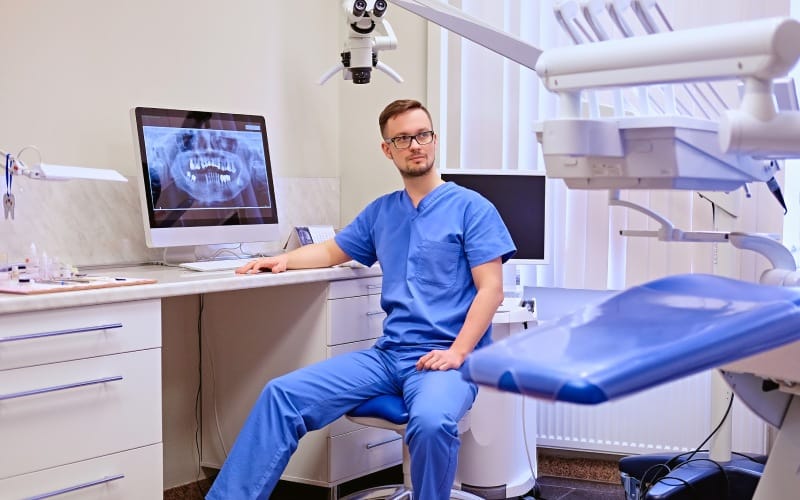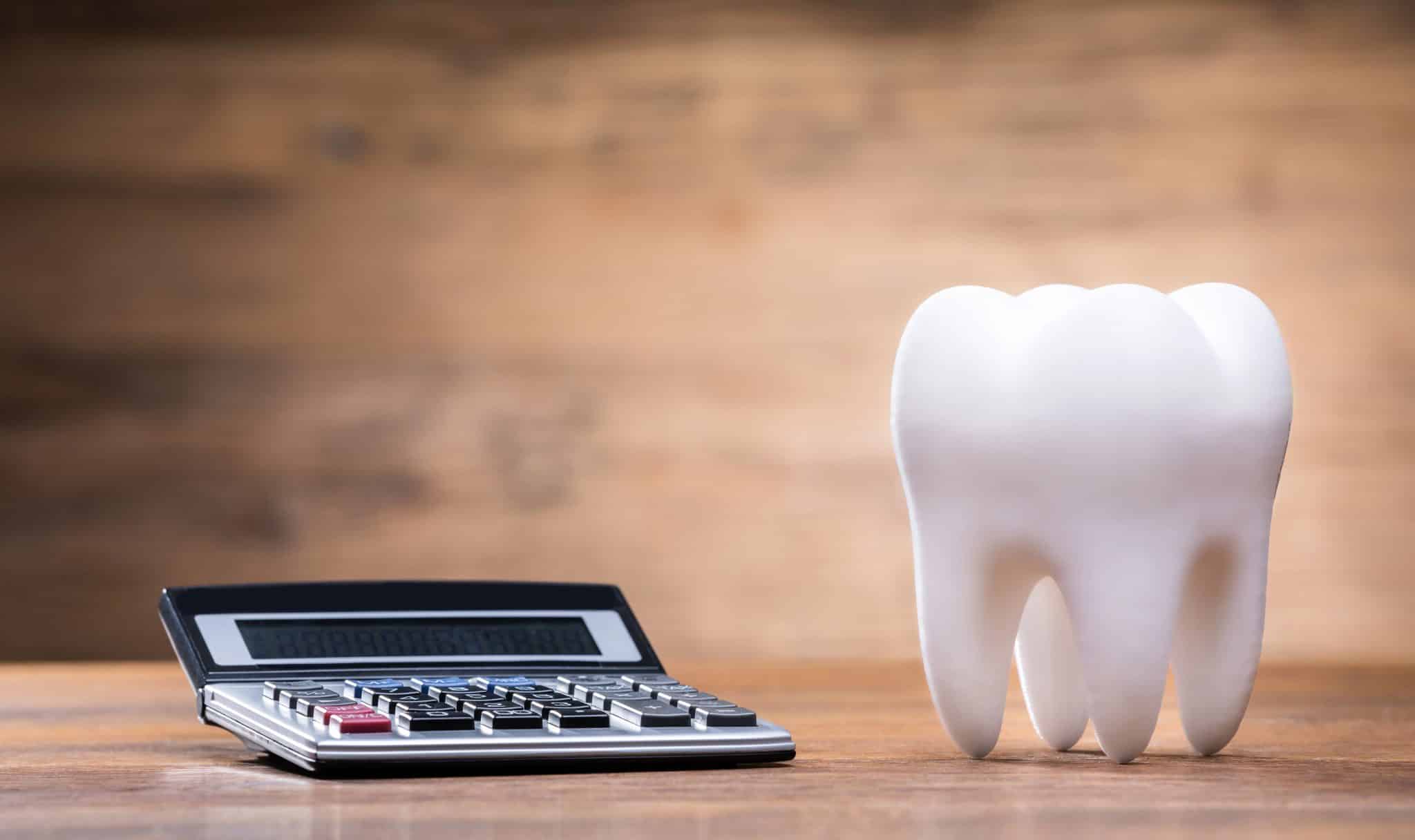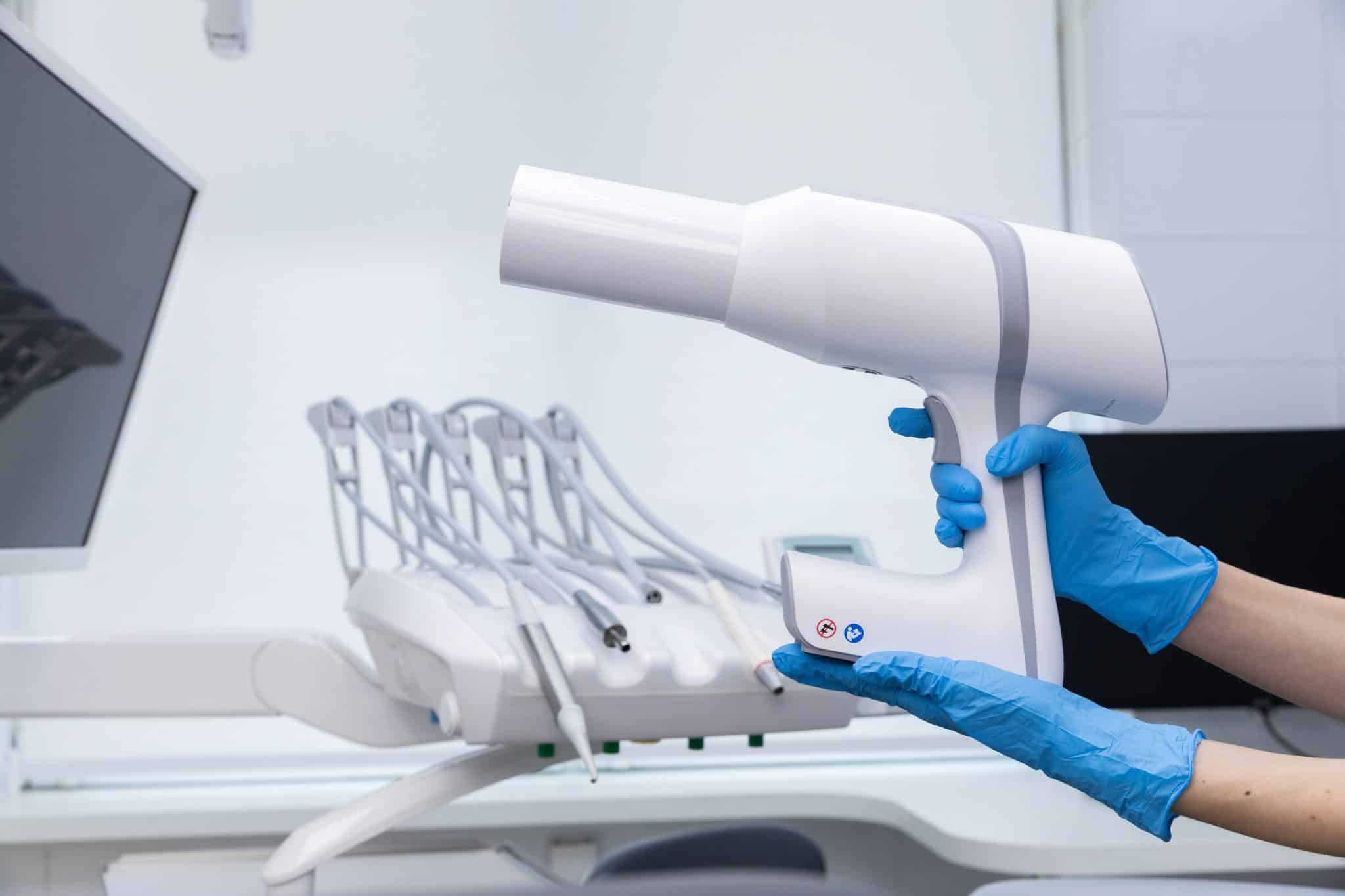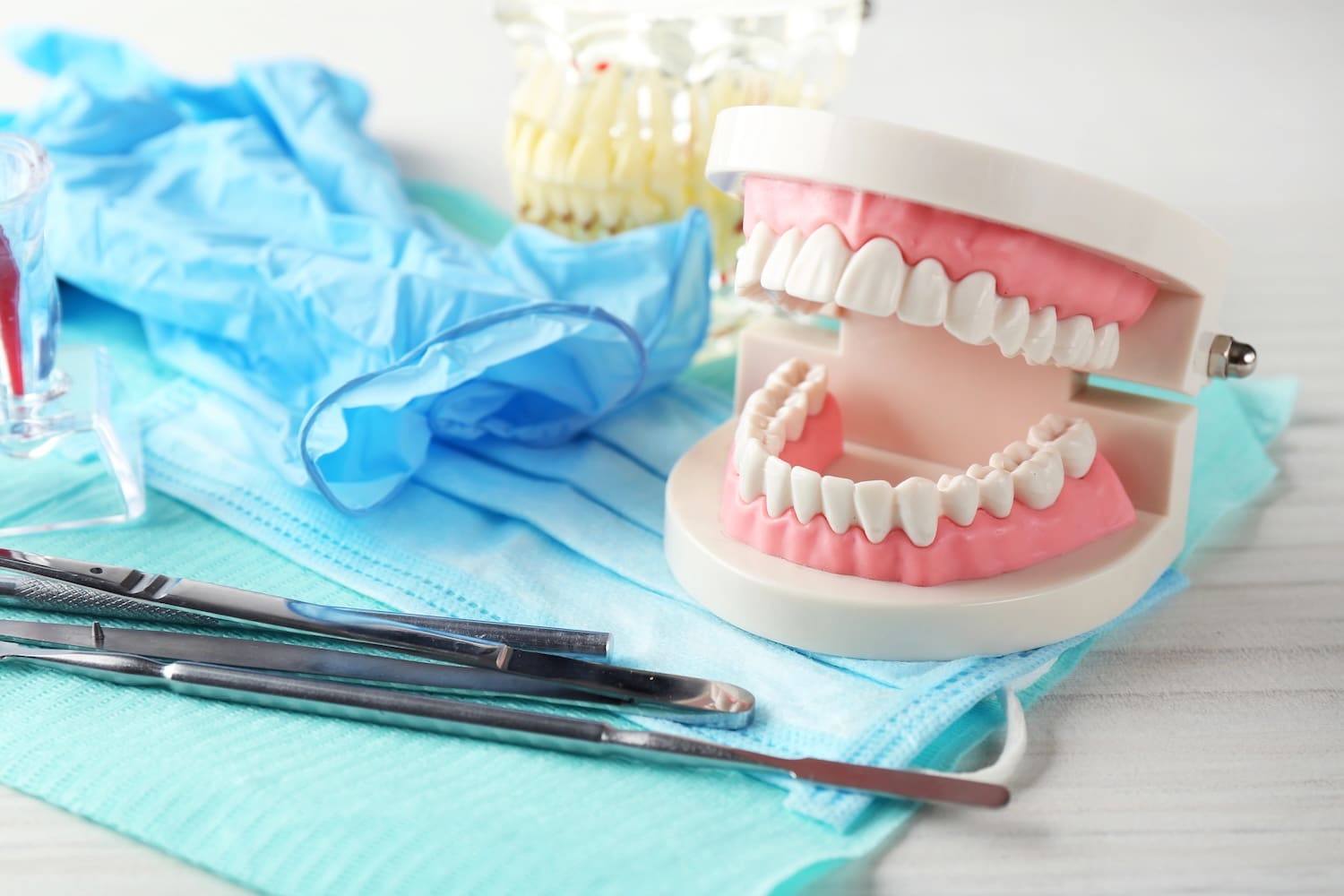Dental practice valuation is the process of determining the worth of your dental practice. The valuation takes into account various factors such as your revenue, patient base, equipment and assets, location and overall profitability. It’s essential to understand the true value of your practice before selling or acquiring a new one so you can make a well-informed decision about future plans, negotiate fair prices during acquisition, and ensure you’re getting a fair ROI. A professional dental accountant will play a vital role in helping you determine an accurate valuation of your practice.
Table of Contents
ToggleHow to Determine Fair Market Value of Your Dental Practice
Determining the fair market value of your dental practice is an important step in the process of selling or purchasing a practice. Fair market value is essentially the price that a willing buyer would pay and a willing seller would accept for your practice. There are several factors to consider to determine its value:
-
Revenue & Profitability
The financial performance of your practice is one of the most important factors in determining its value. The revenue and profitability of the practice over the past few years will be analyzed to assess its financial health such as financial statements, balance sheets, and cash flow statements. Key metrics such as revenue trends, expenses and net income will also provide valuable insights into your practice’s profitability and financial health.
-
Patient Base
It’s important to evaluate the size and demographics of your patient base. Factors such as the number of active patients, patient retention rates, and the diversity of services you offer can significantly impact your practice’s value. Overall, a strong and loyal patient base is more valuable than a smaller or less loyal patient base.
-
Location
The geographical location of your practice plays a crucial role in its value. Factors such as local market conditions, competition, and demand for services in the area will be considered. For example, a practice located in a high-demand area with a large population and high-income demographic will have a higher value than those in a more rural, low-population area.

-
Assets & Technology
Assess the tangible and intangible assets of your practice, like dental equipment, technology, office lease agreements, and goodwill. A practice with more modern, state-of-the-art technology and any liabilities such as outstanding debts or pending legal issues (if applicable) will be considered more valuable.
-
Competition
The level of competition in your area can affect your practice’s value, however, it is important to research recent sales in the area to establish a benchmark valuation for your practice. Comparing metrics can provide a clearer picture of the market landscape. Just remember that practices in a highly competitive market may be less valuable.
-
Future Growth Potential
Consider the potential for growth and expansion within your practice, for example, can new services be introduced? Can hours be extended? Can marketing strategies influence future earnings?
-
Level of Experience
It’s important to consider the efficiency and effectiveness of your practice’s operations. Staff qualifications, workflow processes, patient management systems, and well-trained and experienced team members can all impact valuation.
Consider Getting a Professional Appraisal
Consider hiring a professional appraiser with experience in valuing dental practices in your area. They can provide a comprehensive analysis and help ensure that all factors are considered in determining fair market value. Plus, this will provide you with time to continue focusing on running your practice and looking after your patients.
We Can Help Determine Your Practice’s Value
If you’re looking for a dental accountant, our Dental Tax team is here to help you through every stage of your career. Our mission is to help dentists save valuable time and money and help them reach their goals. If you have any questions about maximizing your ROI, contact our team today for a free consultation.
Adam has an MBA from the Richard Ivey School of Business in London and also holds a Chartered Investment Manager designation.
- Tax Return Preparation Guide for Dental Professionals - January 19, 2026
- Financial Lessons from Successful Dental Practices - January 12, 2026
- 2026 Tax Changes Affecting Canadian Dentists - January 5, 2026




